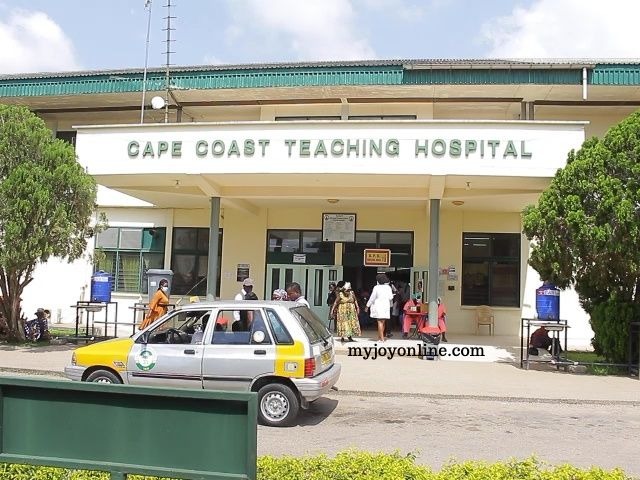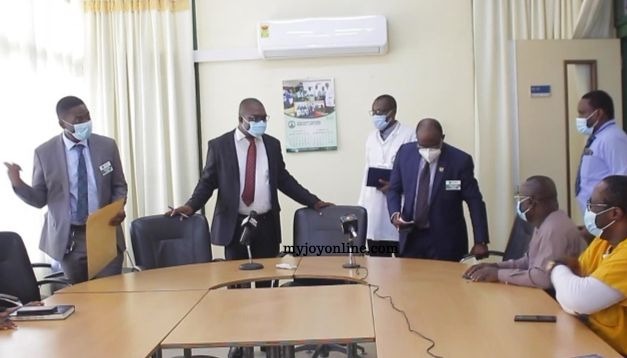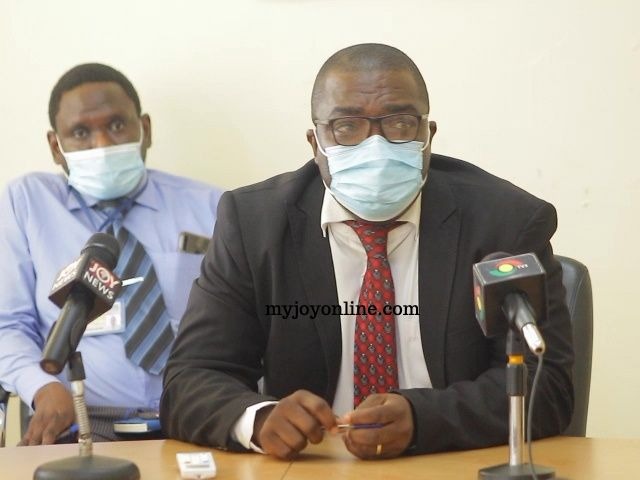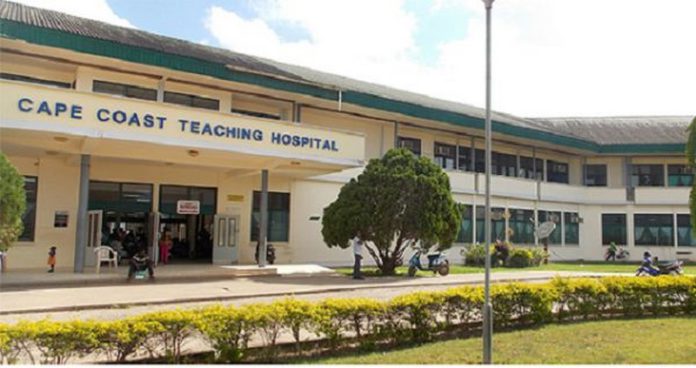The Health Facilities Regulatory Agency (HeFRA) has granted the Cape Coast Teaching Hospital the accreditation to formally and legally operate as a Teaching Hospital.
The licensing followed the promulgation of the Health Institutions and Facilities’ Act 829 of 2011, which requires all health institutions, both public and private to obtain a license for operation.
The accreditation forms part of the Agency’s mission to transform the regulation of healthcare facilities through quality standard-setting, enforcement and client-focused partnerships.

At a ceremony to present the certificate to the Hospital, Registrar of the agency, Dr Philip Bannor, indicated his outfit’s objective was to work in partnership with stakeholders across the public and private health sectors to adhere to internationally acceptable health care delivery.
Dr Philip Bannor intimated by the granting of the license, they would ensure that health care was delivered within well-designed and structurally appropriate facilities.

“HeFRA is obliged to advocate patients and clients through a greater focus on safety, compassionate care and transparency in the operations of health facilities,” he stressed.
The Registrar further explained that the accreditation was to ‘ensure that health care delivery was fairly priced, engaged competent and accredited professionals, utilize the right type and well-functioning equipment in the Country.
He applauded the management of the CCTH for working tirelessly towards earning the certificate to boost the already established patient confidence in the facility.
“The Cape Coast Teaching Hospital is more than delivering care. I can imagine a family throwing their hands in the air, not knowing what to do for a very sick child. You do many surgeries, cancer care, stroke care… the list is too many. I am here to affirm what you are already doing,” he applauded.
Dr Bannor urged public and private health facilities without accreditation to secure the requisite licenses to operate in order to contribute to developing and supporting identified professionals to improve the management of Ghanaian health facilities.
“In the area of medical education. You train many doctors and health practitioners. Your affiliation with the You have many community services.
“You are deserving of the certificate we are about to give you. We came to your institution to assess the facility. I am happy to inform you that you passed with flying colours.”

CEO of the Cape Coast Teaching Hospital, Dr Eric Kofi Ngyedu, appreciated HeFRA for officially granting the facility a license to legally operate as a Teaching Hospital.
He explained that the enabling legislation, Act 829 of 2011, had replaced the Private Hospitals and Maternity Act of 1958, Act 9, that was later amended by the NLC Decree 395 in 1969, which formerly regulated only private health facilities, while the government through the National Health Service, took care of public institutions.
“Few months ago, we subjected ourselves to a very important and statutory exercise that sought to grant us formally a license to practice within the context of law.
“After going through this exercise, we were informed that we now do qualify hence the presentation of the license to legally exercise our mandate as a teaching hospital,” he stated.
He stressed HefRA had the mandate to ensure that all facilities, both private and public meets a certain minimum standard requirement to be able to operate so the people of Ghana can have the best and the maximum benefit.
“You recall, we have positioned ourselves to be a world-class leader in tertiary health care delivery, medical education and research and if we are serious in driving this vision, then we needed to subject ourselves to this legal exercise,” he averred.

